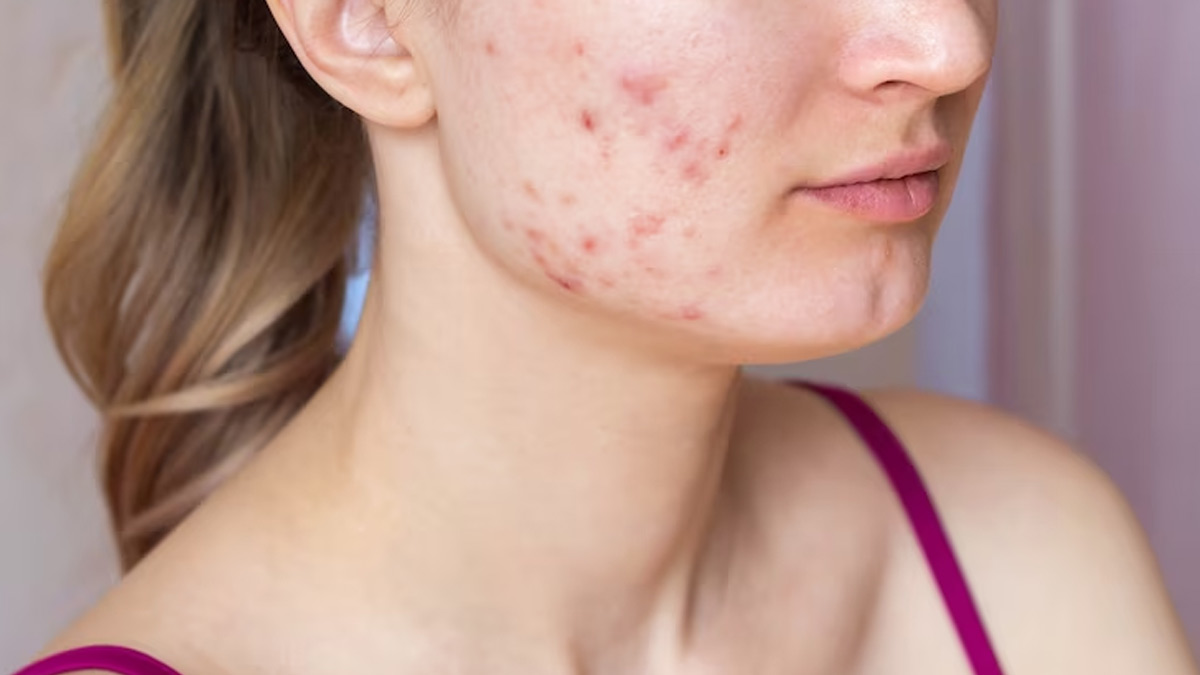
Acne, the all-too-familiar foe of clear skin and self-confidence, can be incredibly frustrating when it stubbornly resists even our most diligent efforts. Many people invest time, effort, and resources into acne treatments, only to find their efforts falling short of their desired outcomes. However, there's no need to lose hope, as there are several valid reasons why your acne treatment may be falling short.
Table of Content:-
Dr Pramod Kumar, Consultant Dermatology, KMC Hospital, Mangalore, listed reasons for failed acne treatment.
Reasons For Failed Acne Treatment

According to the Canadian Medical Association Journal (CMAJ), the strategy of acne treatment is determined by the degree of acne, the patient's age and treatment preferences, adherence to prior therapy, and response to that therapy.
Insufficient Duration of Treatment
Dr Kumar said, “Patience is the key when dealing with acne. One of the most common mistakes individuals make is discontinuing their treatment prematurely. Effective acne treatments often require several weeks or even months to yield noticeable results.” He added, “Dermatological therapies work by targeting the underlying causes of acne, such as excessive oil production, bacteria, or inflammation. It is crucial to adhere to the prescribed treatment plan and allow sufficient time for the medications to take effect.”
Also Read: From Over-Exfoliating To Popping Acne: Here're 8 Skincare Habits That Can Worsen Your Acne
Inadequate Compliance
Consistency is paramount when it comes to acne treatment. Irregular use of prescribed medications or failure to follow the recommended skincare routine can significantly hinder progress. Dr Kumar suggested applying topical medications as directed and adhering to the recommended frequency. Skipped applications or inconsistent use may compromise the effectiveness of the treatment and delay the desired results.

Incorrect Product Selection
The vast array of acne treatment products available in the market can be overwhelming. Some individuals may unknowingly choose products that are not suited for their specific acne type or skin condition. Dr Kumar informed, “Consulting a dermatologist is essential for accurate diagnosis and tailored treatment recommendations. A dermatologist can identify the underlying cause of your acne and guide you in selecting the most appropriate products or therapies for your individual needs.”
Also Read: Tired Of Finding the Right Product To Combat Acne? Here’re 6 Skincare Ingredients To Look For

Overuse or Misuse of Products
While it may be tempting to apply more or use stronger formulations in the hope of achieving faster results, overuse or misuse of acne treatments can backfire. Dr Kumar noted, “Harsh products or excessive application can irritate the skin, disrupt its natural balance, and trigger further inflammation. Follow the instructions provided by your dermatologist or on the product labels, and avoid using multiple treatments simultaneously unless specifically recommended.”
Hormonal Factors
Hormonal imbalances play a significant role in the development and persistence of acne, particularly in women. Fluctuations in hormone levels during puberty, menstrual cycles, pregnancy, or menopause can contribute to acne breakouts. In such cases, topical treatments alone may not be sufficient, and hormonal therapies or oral medications may be necessary. Consultation with a dermatologist or an endocrinologist can help identify and address hormonal factors contributing to acne.
Underlying Medical Conditions
In some instances, acne can be a symptom of an underlying medical condition that needs to be addressed for effective treatment. Dr Kumar said that conditions, such as Polycystic Ovary Syndrome (PCOS), Cushing's syndrome, or certain adrenal disorders can manifest as persistent or severe acne. Treating the underlying medical condition in conjunction with acne-specific therapies is crucial for optimal results.
Bottomline
Dr Kumar concluded, “Acne treatment requires patience, diligence, and a tailored approach. If your acne treatment is not showing the desired results, it's essential to identify potential factors that may be hindering progress.”
Disclaimer
This article contains information provided by the expert. However, you should seek guidance from a dermatologist to diagnose the underlying causes of your acne and design an effective treatment plan tailored to your needs.
How we keep this article up to date:
We work with experts and keep a close eye on the latest in health and wellness. Whenever there is a new research or helpful information, we update our articles with accurate and useful advice.
Current Version